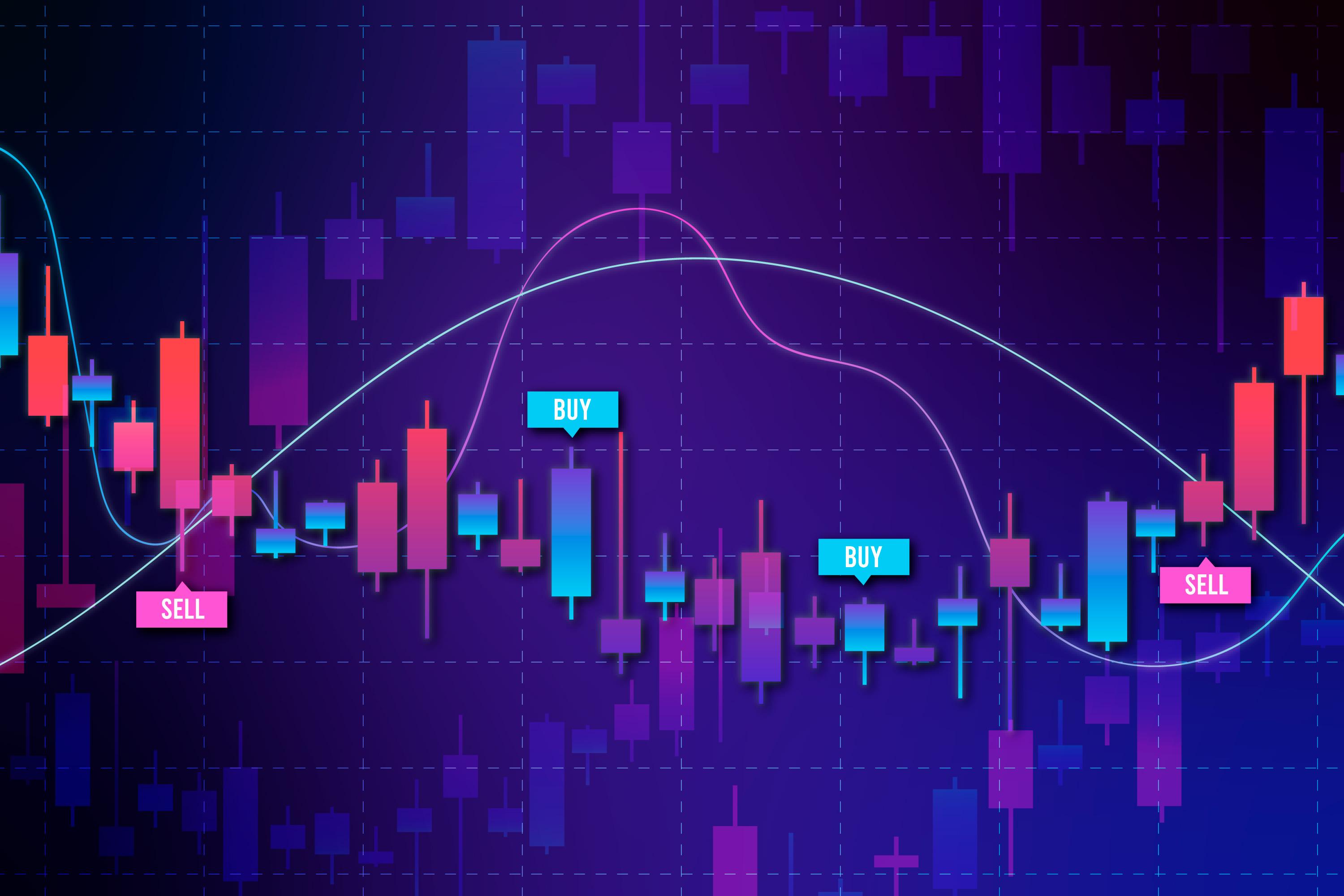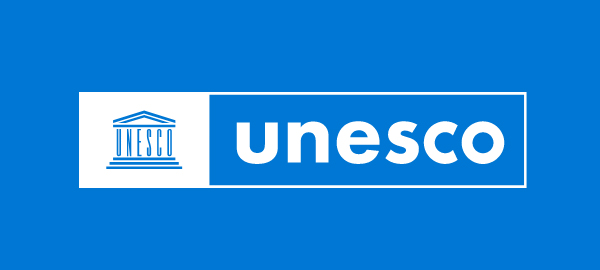Law enforcement agencies in the United States and abroad have coordinated a raid to dismantle the BlackSuit ransomware operation, seizing servers and domains and approximately $1 million in cryptocurrency linked to ransom demands.
The action, led by the Department of Justice, Homeland Security Investigations, the Secret Service, the IRS and the FBI, involved cooperation with agencies across the UK, Germany, France, Canada, Ukraine, Ireland and Lithuania.
BlackSuit, a rebranded successor to the Royal ransomware gang and connected to the notorious Conti group, has been active since 2022. It has targeted over 450 US organisations across healthcare, government, manufacturing and education sectors, demanding more than $370 million in ransoms.
The crypto seized was traced back to a 2023 ransom payment of around 49.3 Bitcoin, valued at approximately $1.4 million. Investigators worked with cryptocurrency exchanges to freeze and recover roughly $1 million of those funds in early 2024.
While this marks a significant blow to the gang’s operations, officials warn that without arrests, the threat may persist or re-emerge under new identities.
Would you like to learn more about AI, tech and digital diplomacy? If so, ask our Diplo chatbot!
































